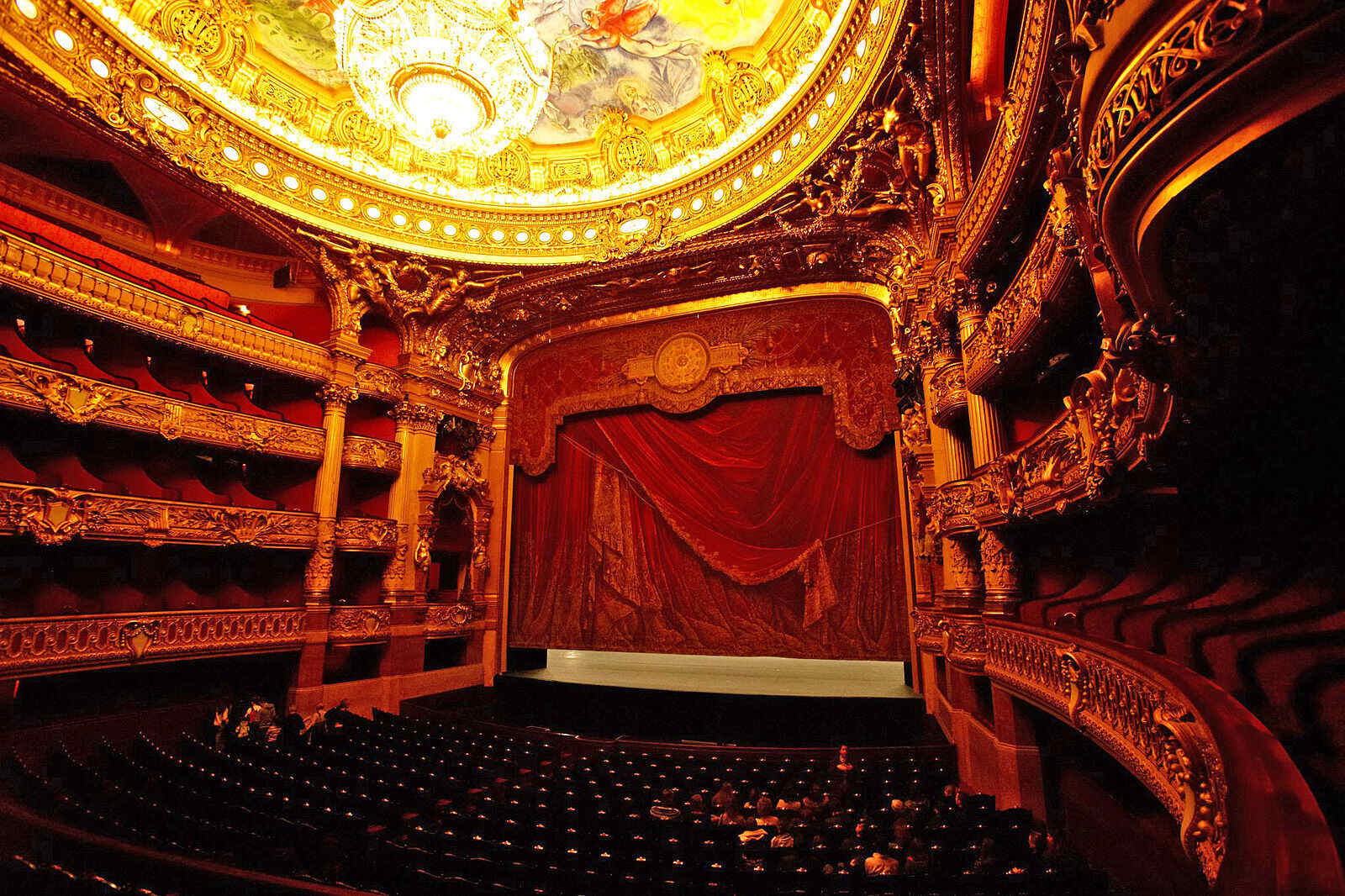
French theater has a rich history that spans centuries, blending drama, comedy, and tragedy into a unique cultural tapestry. Did you know that French theater began in the Middle Ages with religious plays performed in churches? Over time, it evolved into a sophisticated art form, giving birth to iconic playwrights like Molière and Racine. French theater isn't just about the past; it continues to thrive today with modern productions that push boundaries and explore new themes. From the grandeur of the Comédie-Française to the avant-garde stages of Paris, French theater offers something for everyone. Ready to dive into 25 fascinating facts about this captivating world? Let's get started!
Key Takeaways:
- French theater has a long history, starting with religious plays in the Middle Ages and evolving through the Renaissance, Enlightenment, Romanticism, and into the modern era.
- The Golden Age of French theater in the 17th century saw the rise of influential playwrights, while the 18th and 19th centuries brought new ideas and movements, shaping the theater we know today.
The Origins of French Theater
French theater has a rich history that dates back centuries. Its evolution has been influenced by various cultural, social, and political changes. Here are some fascinating facts about its beginnings.
- French theater began in the Middle Ages with religious plays performed in churches.
- The first known French play, "Le Jeu de Saint Nicolas," was written by Jean Bodel in the 12th century.
- Mystery plays, which depicted biblical stories, were popular during the medieval period.
- The Renaissance brought a shift towards classical themes inspired by Greek and Roman theater.
- In 1548, the first permanent theater in France, Hôtel de Bourgogne, was established in Paris.
The Golden Age of French Theater
The 17th century is often referred to as the Golden Age of French theater. This period saw the rise of some of the most influential playwrights and the establishment of important theatrical institutions.
- Pierre Corneille, one of the greatest playwrights of the 17th century, wrote "Le Cid" in 1637.
- Molière, another iconic figure, is known for his comedies like "Tartuffe" and "The Misanthrope."
- The Comédie-Française, the world's first national theater, was founded in 1680.
- Jean Racine, a contemporary of Molière, specialized in tragedies such as "Phèdre."
- Cardinal Richelieu, a patron of the arts, played a significant role in promoting theater during this era.
The Influence of the Enlightenment
The 18th century brought new ideas and philosophies that greatly influenced French theater. Playwrights began to explore themes of reason, individualism, and social justice.
- Voltaire, a leading Enlightenment thinker, wrote numerous plays including "Zaire" and "Candide."
- Denis Diderot introduced the concept of the "drame bourgeois," a genre focusing on middle-class characters.
- The Théâtre de l'Odéon, one of Paris's oldest theaters, opened in 1782.
- Beaumarchais's "The Marriage of Figaro" challenged social norms and was initially banned for its controversial content.
- The French Revolution led to the nationalization of theaters and a shift towards more politically charged plays.
The 19th Century and Romanticism
The 19th century saw the rise of Romanticism in French theater, characterized by an emphasis on emotion, nature, and individualism.
- Victor Hugo's "Hernani" sparked the Romantic movement in French theater in 1830.
- Alexandre Dumas, known for his novels, also wrote successful plays like "Henri III et sa cour."
- The Théâtre du Gymnase, established in 1820, became a hub for Romantic drama.
- Sarah Bernhardt, one of the most famous actresses of the 19th century, captivated audiences with her performances.
- The Théâtre de la Porte Saint-Martin, rebuilt in 1873, hosted many Romantic plays.
Modern French Theater
The 20th century brought significant changes to French theater, with the emergence of new movements and experimental forms.
- Jean-Paul Sartre's existentialist plays, such as "No Exit," explored themes of freedom and responsibility.
- Samuel Beckett, an Irish playwright who wrote in French, is best known for "Waiting for Godot."
- The Théâtre de l'Atelier, founded in 1922, became a center for avant-garde theater.
- Eugène Ionesco's absurdist plays, like "The Bald Soprano," challenged traditional narrative structures.
- The Festival d'Avignon, established in 1947, remains one of the most important theater festivals in the world.
The Final Act
French theater has a rich history filled with fascinating facts. From the extravagant performances of the 17th century to the modern-day innovations, it’s clear that French theater has always been a cultural cornerstone. The influence of playwrights like Molière and Racine continues to shape the theatrical landscape. The architecture of theaters themselves, with their ornate designs and historical significance, adds another layer of intrigue.
Understanding these elements gives us a deeper appreciation for the art form. Whether you're a theater enthusiast or just curious, these facts offer a glimpse into the world of French theater. So next time you find yourself in Paris, maybe catch a show at one of these historic venues. You’ll not only enjoy a great performance but also become part of a centuries-old tradition.
Frequently Asked Questions
Was this page helpful?
Our commitment to delivering trustworthy and engaging content is at the heart of what we do. Each fact on our site is contributed by real users like you, bringing a wealth of diverse insights and information. To ensure the highest standards of accuracy and reliability, our dedicated editors meticulously review each submission. This process guarantees that the facts we share are not only fascinating but also credible. Trust in our commitment to quality and authenticity as you explore and learn with us.
